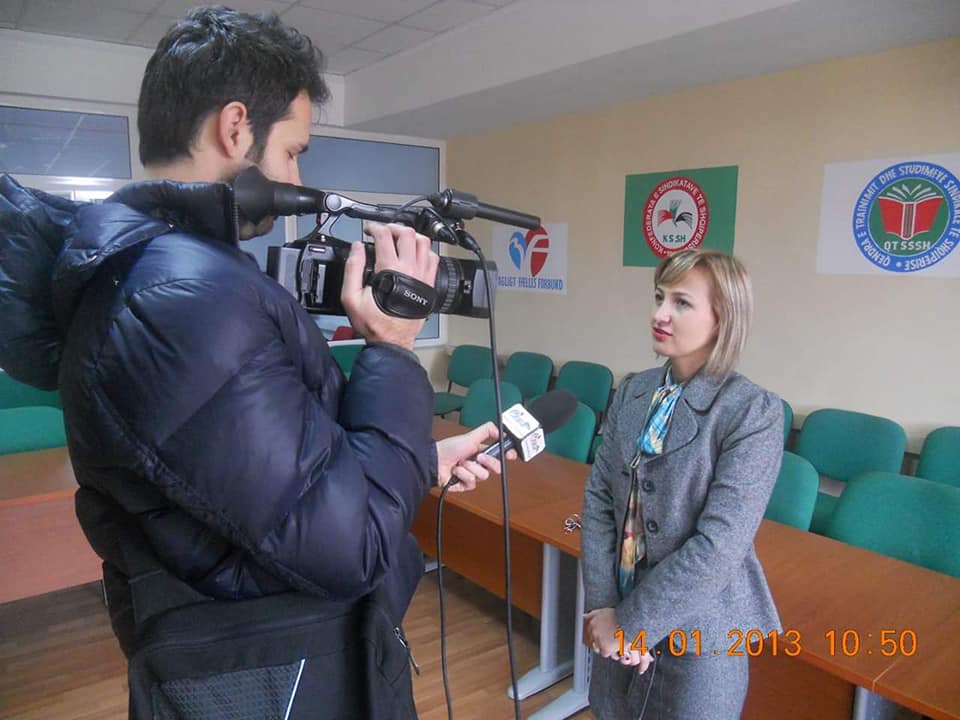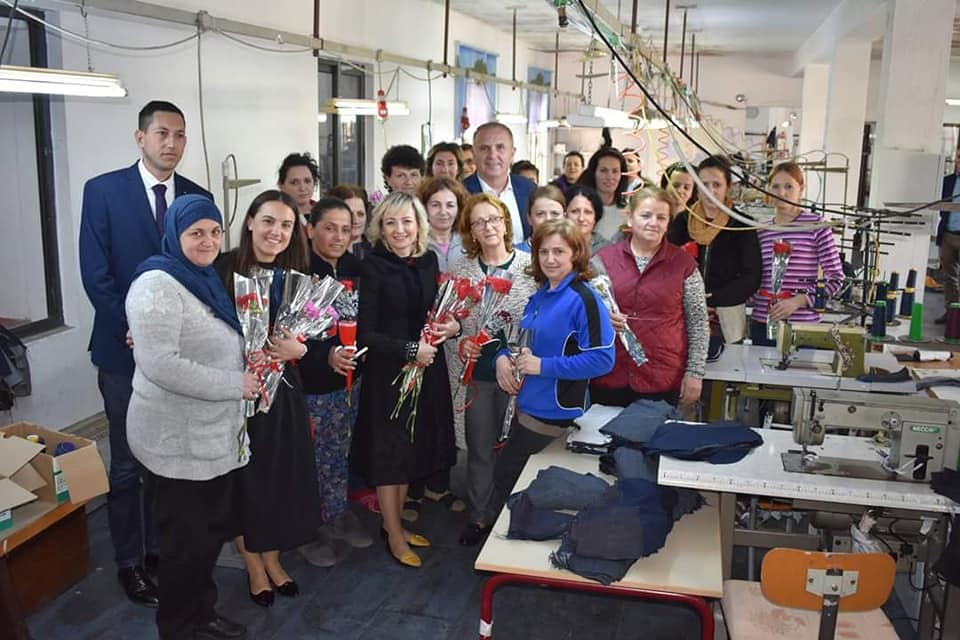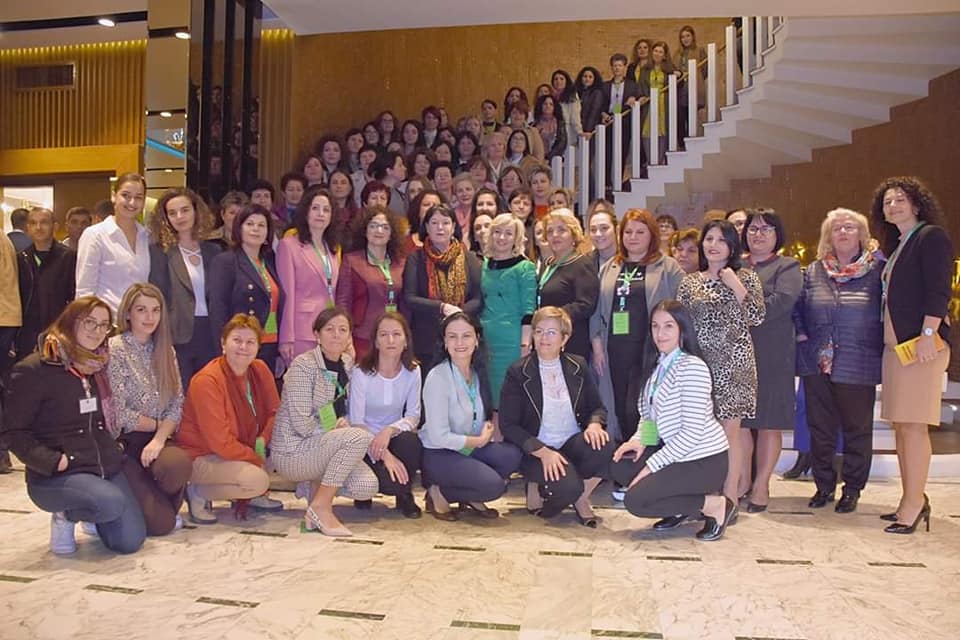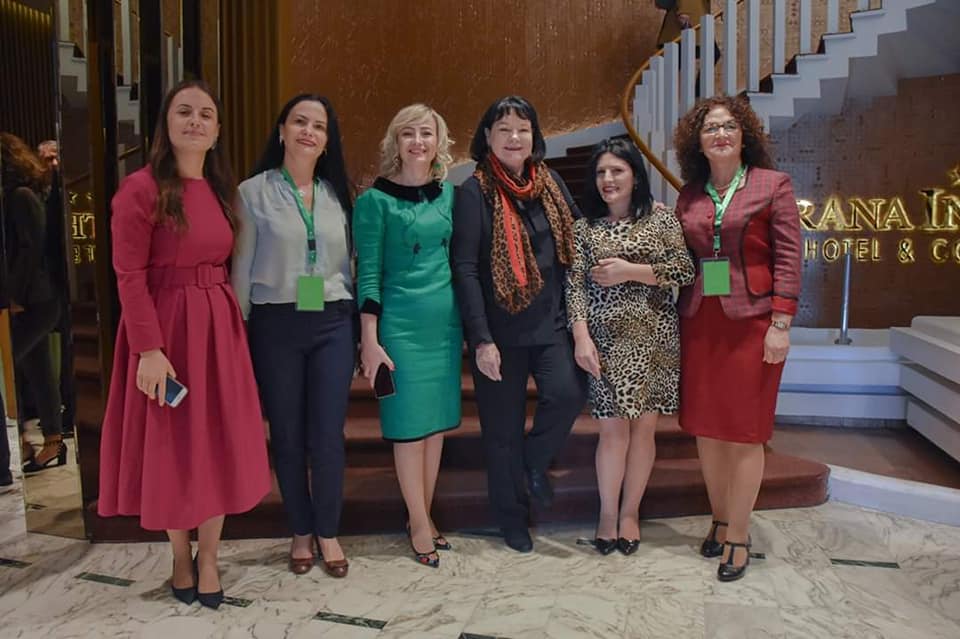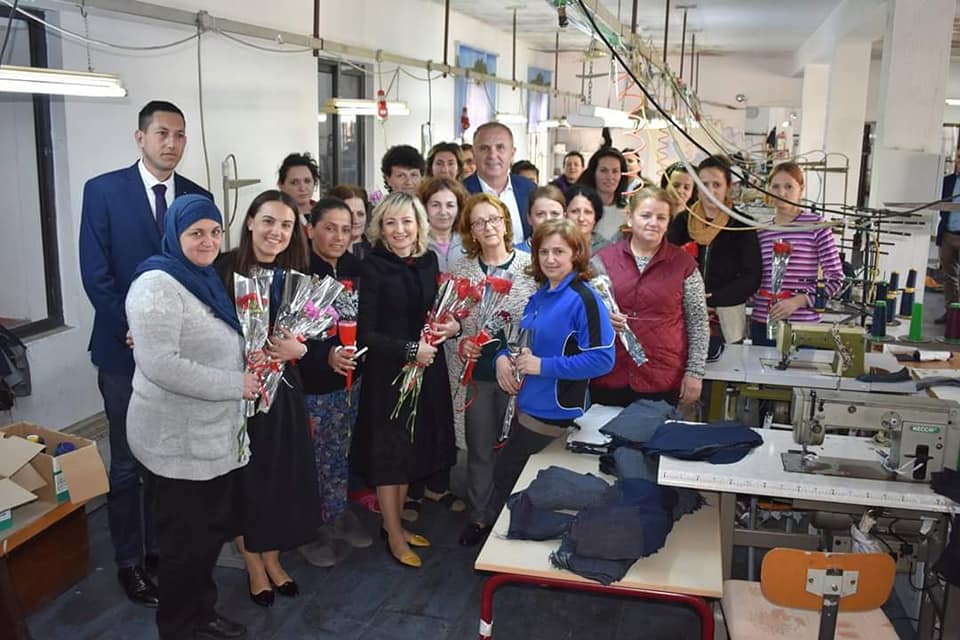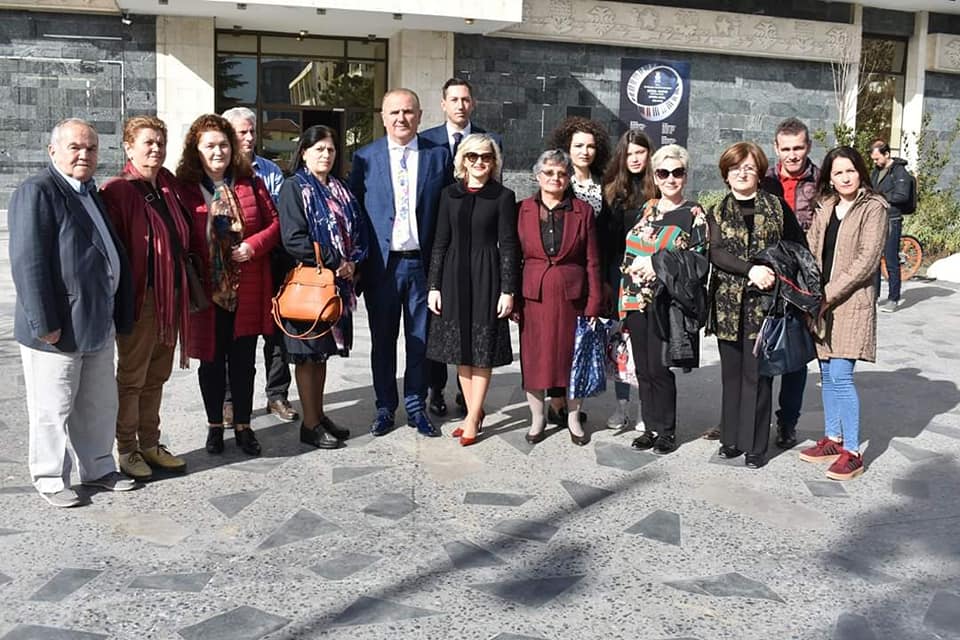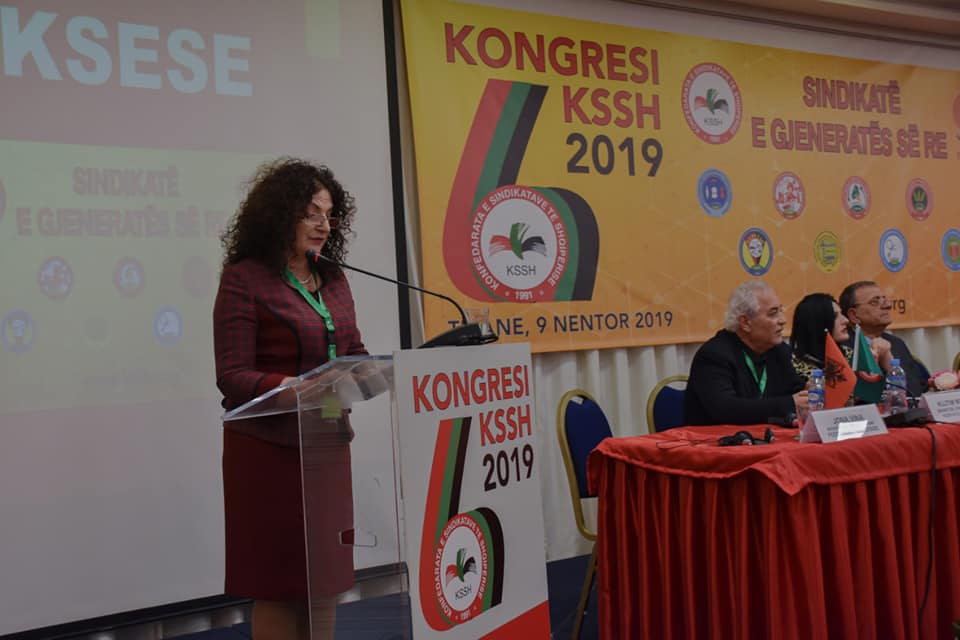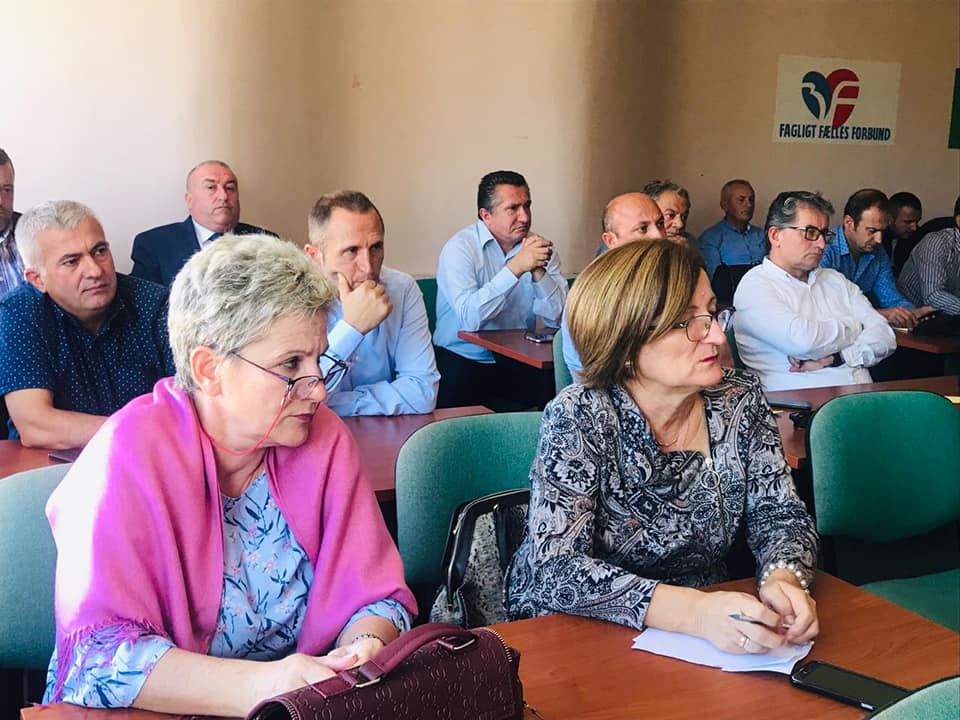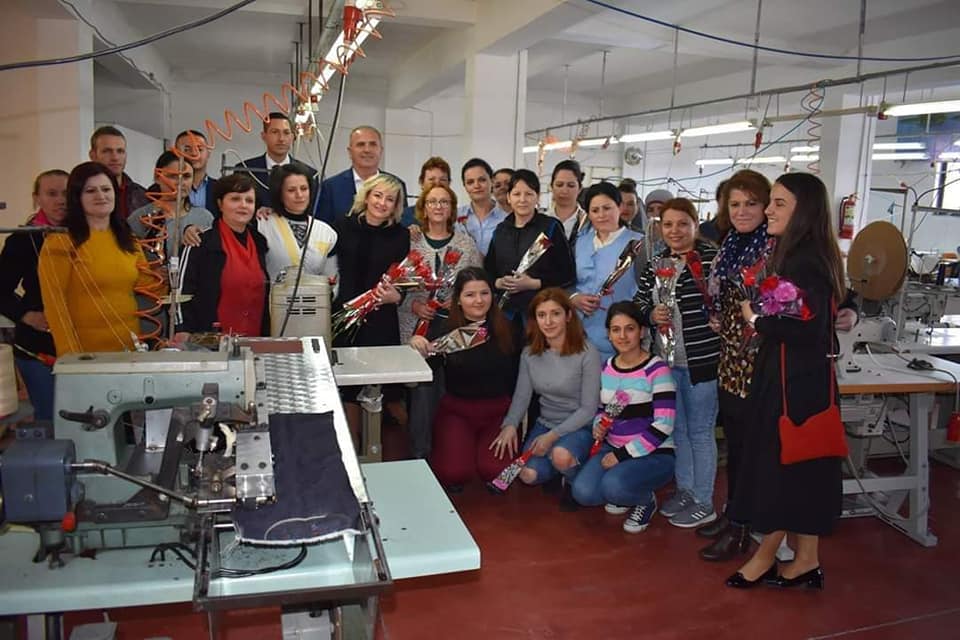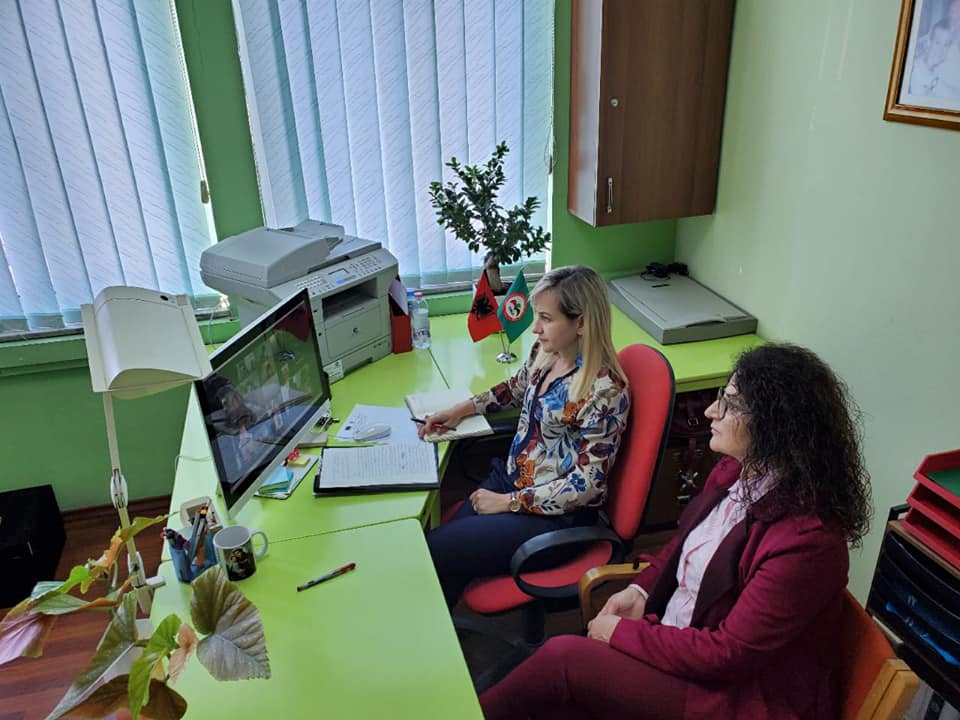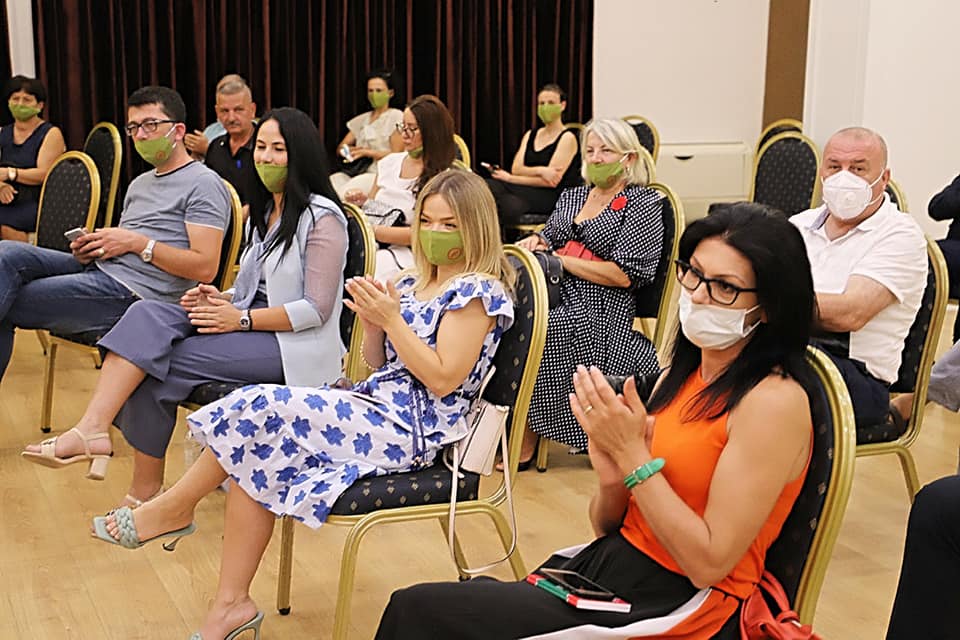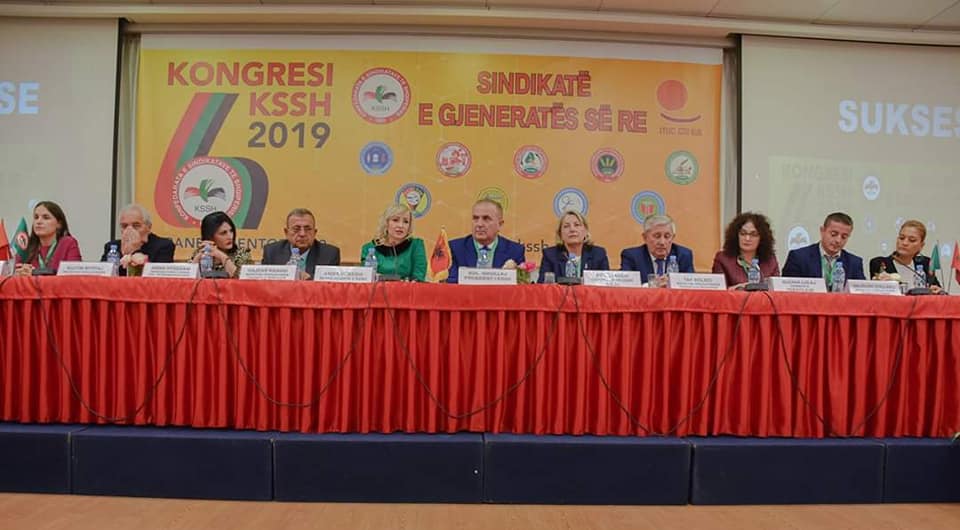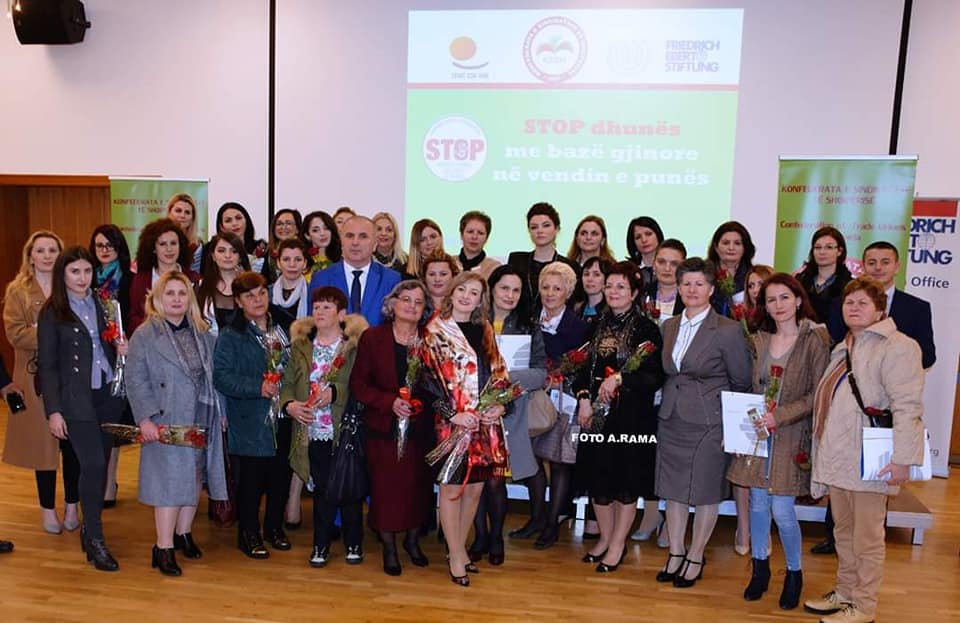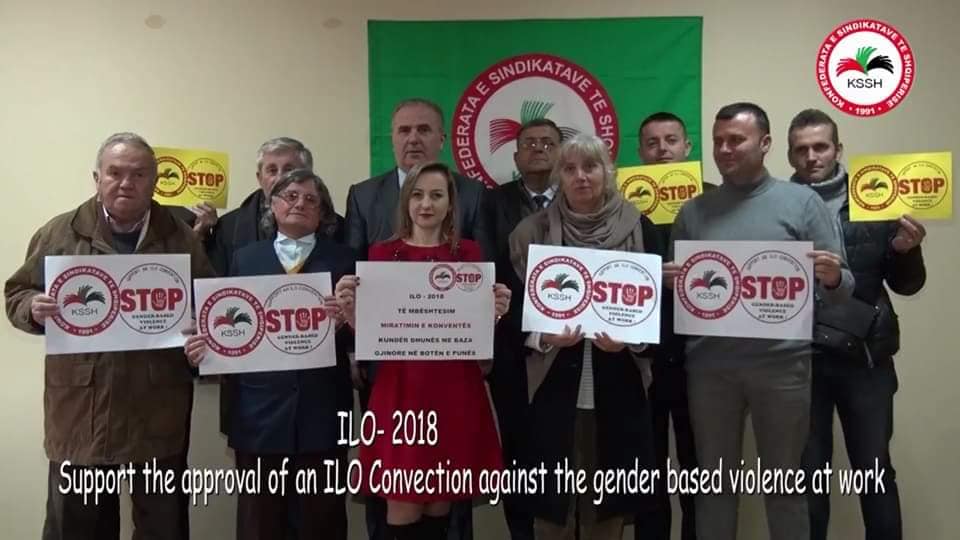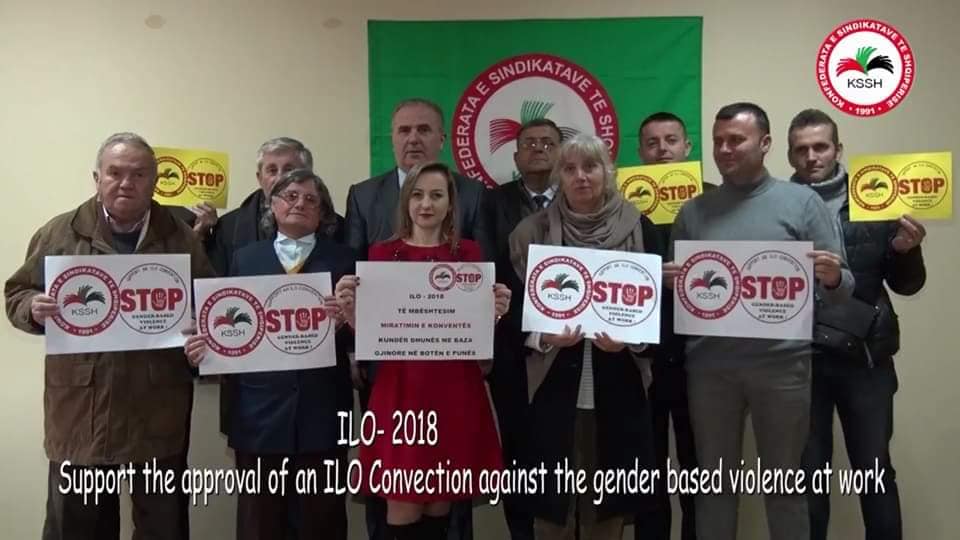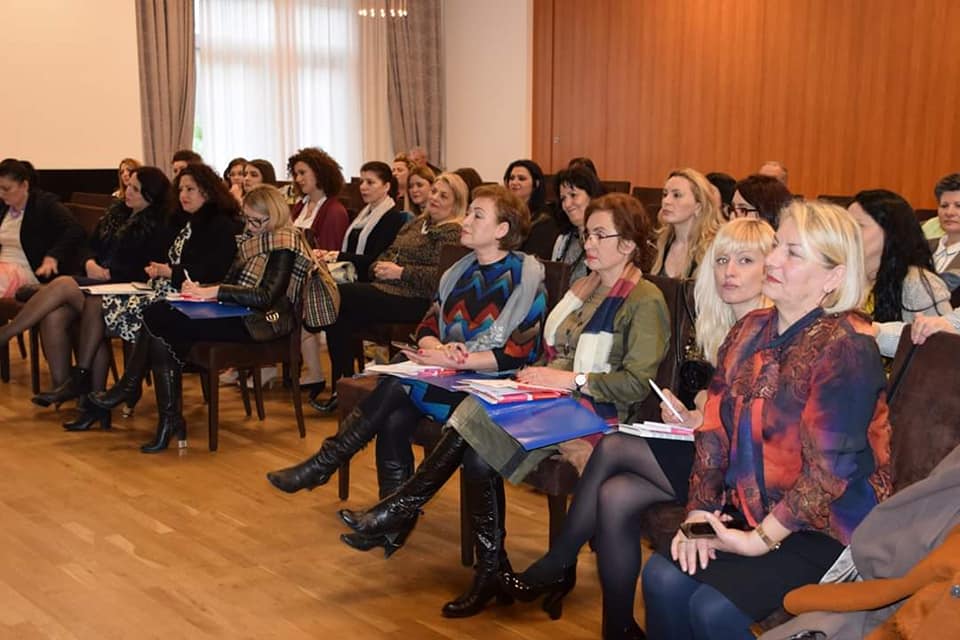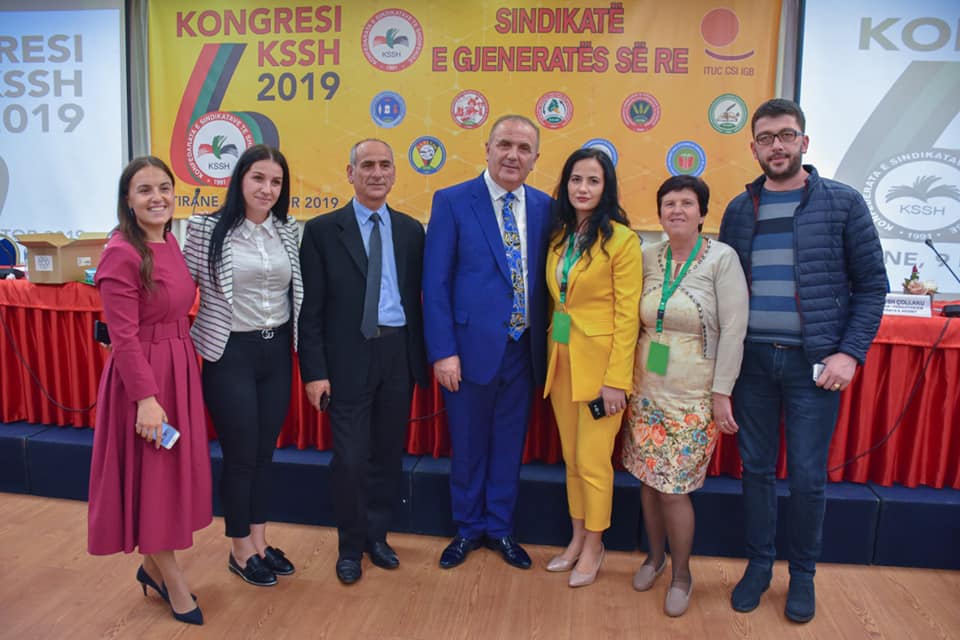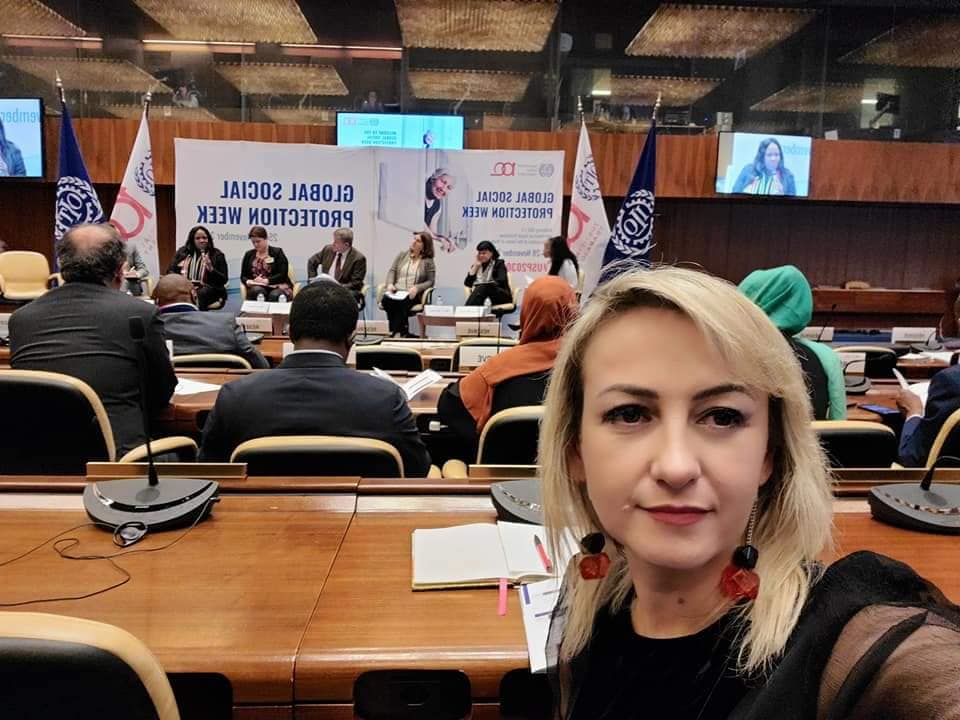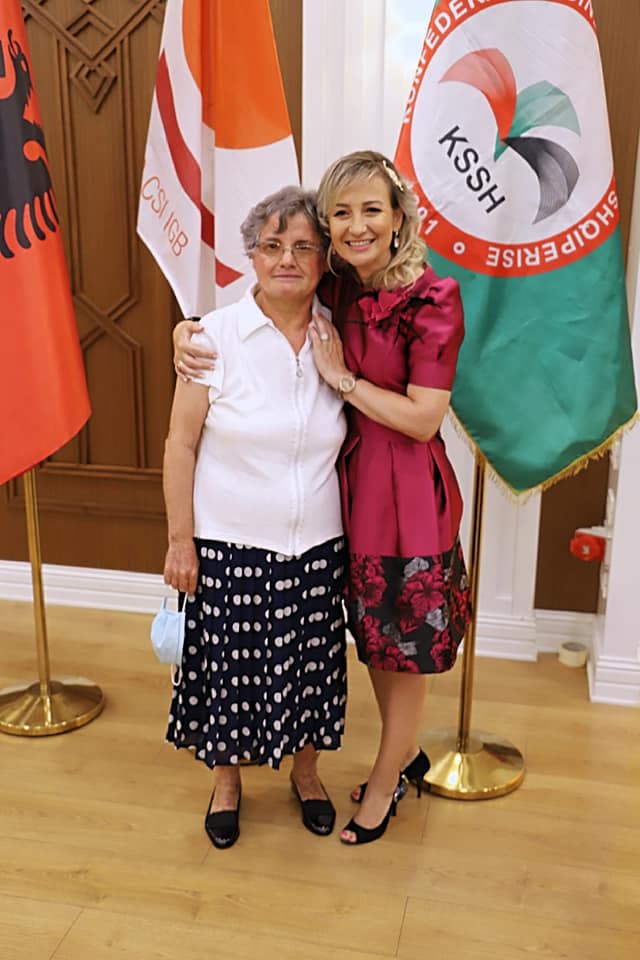#ITUC. Gender-based violence at work. Sexual harassment.
#KSSHgenderequallity
The COVID-19 crisis has exacerbated the risks of violence and harassment, both at work and at home, and has emphasized the importance of strong preventive and protective measures to ensure safe, healthy, dignified and respectful work environments.
There have been alarming reports of health and care workers and other front-line workers, such as food retailers, transport workers, and cleaners being targeted for harassment and harassment by employers, co-workers, or concerned clients, clients and patients.
The rate of domestic violence has risen since the onset of the crisis – a phenomenon described by the United Nations as a shadow pandemic as many workers, particularly women, who are required to work from home find themselves trapped by abusers. Theirs. At the same time, the rise of teleworking leaves workers more exposed to technology-enabled harassment, such as cyberbullying.
Women working in the informal economy, whether as street vendors, market traders, garbage collectors, home-based workers, or domestic workers, have seen their livelihoods ruined as they face increasing violence and harassment from employers, members of the public or local authorities. In some cases, their activities have been criminalized.
Trade unions have played a crucial role in addressing gender-based violence during the pandemic by:
Issuing instructions to union representatives supporting victims of domestic violence.
Lobbying for more funding for domestic violence services.
Providing housing for victims of domestic violence.
Conducting awareness campaigns.
Calling for urgent action by the government and employers to address increased incidents of violence and harassment against frontline workers.
The unions have also joined calls for immediate food and security relief and social protection coverage for the informal economy and migrant workers, including those away from home, and to end violence, harassment and criminalization. On November 25, we show our solidarity with women working in the informal economy, which are the backbone of so many national economies.
The ILO Convention on Violence and Harassment 190 and Recommendation 206 provide a clear framework for governments, employers and workers and their representatives on how to effectively prevent, address and correct violence and harassment in the world of work. These instruments also provide important guidance for mitigating the effects of domestic violence in the world of work.
While the pandemic has necessarily focused governments’ attention on addressing public health, economic and social impacts, the pandemic is a reason to move ratification forward, rather than delay it further. Ratification and effective implementation of these instruments should be an integral part of a sustainable regeneration and building resilience in the face of this and future crises.
Uruguay and Fiji have led by example, becoming the first two countries to ratify the Convention. Argentina is set to become third. Now more governments need to follow the example!
On November 25, we urge governments around the world to fulfill the commitments made at the International Centennial Labor Conference in June 2019 for a world free of violence and harassment.

